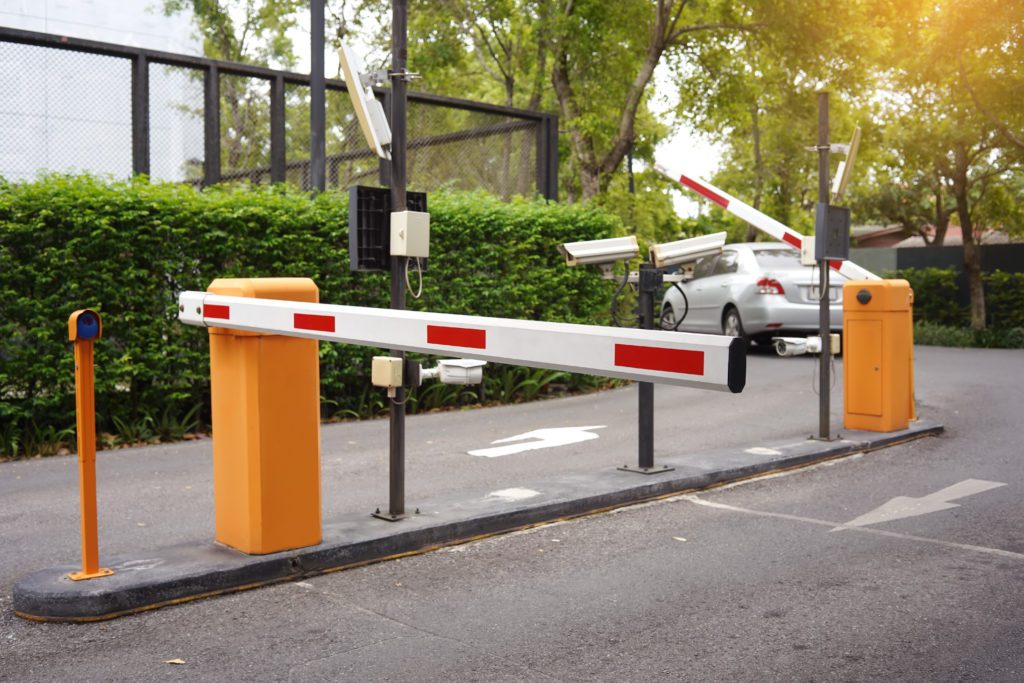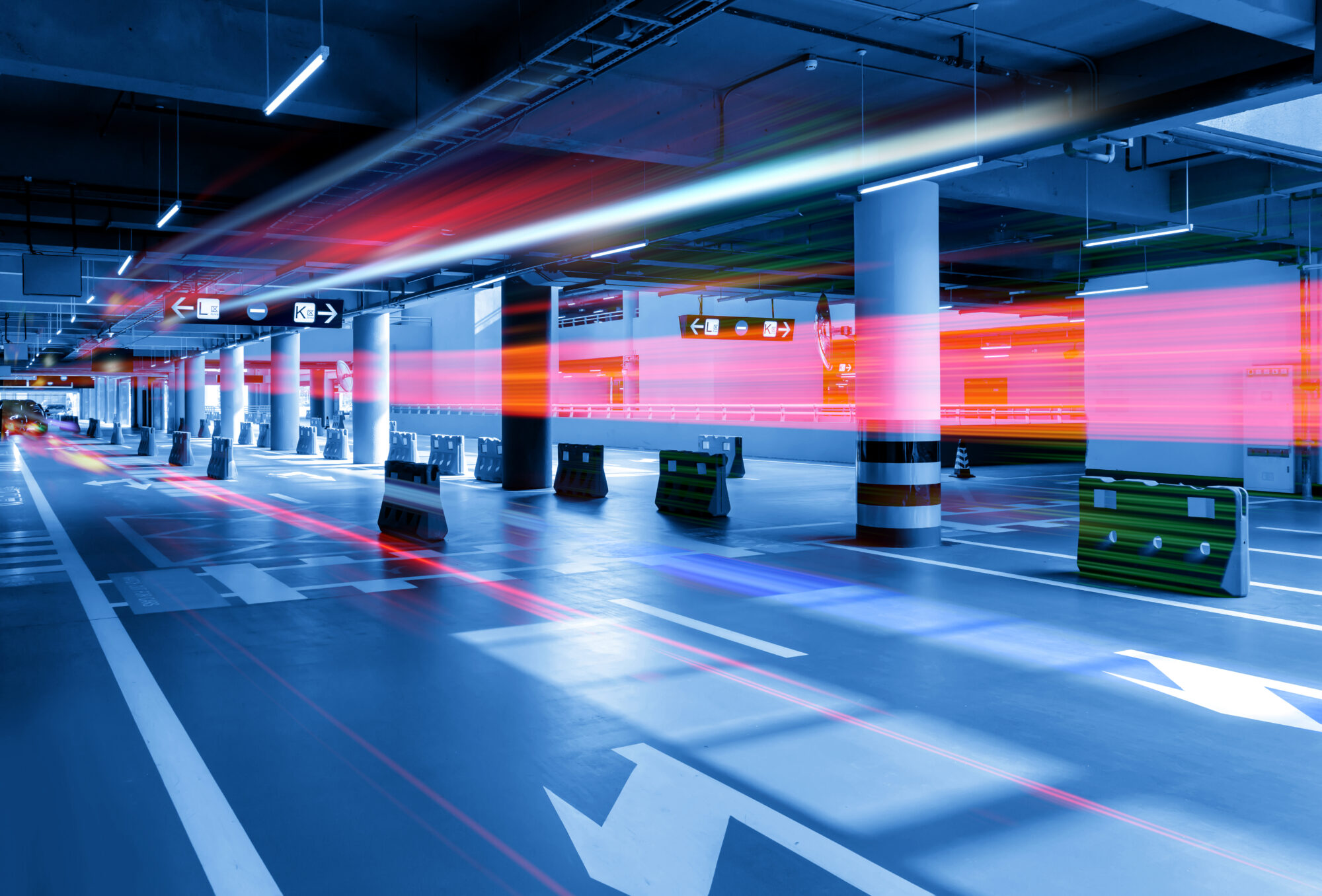

Access control gate systems are cutting-edge technology for managing vehicle access in retail car park environments. These systems typically include gates, RFID readers, automatic number plate recognition (ANPR), ticket machines, and integrated software. Their main function is to ensure that only authorized vehicles can enter designated parking areas, which is essential for safe and efficient traffic flow.
For retail locations, especially those near high-traffic areas, implementing a strong access control system can prevent unauthorized car park use, reduce congestion and ensure that parking spaces are available for actual shoppers. When combined with time-based verification or loyalty programs, these systems can also provide value-added services for repeat customers.
Customer satisfaction starts the moment a customer enters a car park. Long lines or confusing entry processes can frustrate customers and even turn them away. Automated access control gate systems eliminate these friction points by enabling fast, contactless entry using QR codes, license plate recognition, or contactless payment systems.
Retailers can increase efficiency by deploying dynamic signage that syncs with access control systems to direct customers to available parking spaces. By minimizing wait times and providing a seamless entry and exit experience, retailers can enhance their brand image and transform once-neglected parking lots into a strategic asset for customer retention.

For modern retail operations, standalone parking management is no longer enough. Integration is key. Today, the best access control systems connect seamlessly with retail management software, point-of-sale (POS) systems, and customer relationship management (CRM) tools. This enables retailers to track customer visits, validate parking spaces based on purchase amounts, or offer rewards such as free parking to loyalty members.
For example, a US retail chain recently connected its access control gate system to its mobile app. Customers who sign up for promotions are automatically gated upon arrival, increasing convenience and boosting engagement in the app. Integration also gives administrators data-driven insights to optimize parking resources and reduce operational costs.
Security is a primary concern in retail parking lots, especially late at night or on busy weekends. Access control systems effectively deter theft, vandalism, and unauthorized use by acting as physical and digital barriers. Combined with surveillance cameras, sirens, and license plate recognition software, they form a layered security system that protects vehicles and customers.
Retailers can implement timed access policies to ensure parking lots are closed or switched to “exit only” mode during non-business hours. Integration with emergency services or internal security teams also allows immediate response during suspicious activity.

Implementing access control gate systems in retail parking lots improves security and experience and opens up new revenue opportunities. Paid parking, subscription-based access for office tenants, and dynamic peak-hour pricing can turn parking lots into profit centres.
Intelligent access control systems can also help reduce costs associated with manual operations, ticket fraud, and losses from poor traffic management. Large retailers in regions such as North America and the Middle East have reported a 20% to 30% reduction in parking-related operating expenses after installing automated access control systems.
As the retail landscape evolves, so does the desire for more innovative parking solutions. Access control systems of the future will be driven by artificial intelligence, the Internet of Things, and cloud-based infrastructure. Real-time data will enable predictive maintenance, more accurate footfall forecasts, and real-time software updates without downtime.
Retailers are also exploring vehicle-to-infrastructure (V2I) communications, which allow cars to interact directly with access control systems, increasing automation. Green parking initiatives are also emerging, including solar-powered access control systems and electric vehicle charging integration.